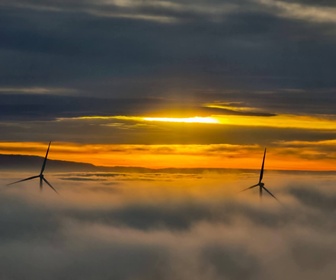Two government agencies in Taiwan are considering making the use of Taiwan-flagged vessels mandatory for certain offshore wind farm construction activities, after complaints from local shipowners.
The Bureau of Energy is expected to convene a meeting of developers, contractors and vessel operators later this month on the issue, and the Maritime Port Bureau is also considering restrictions on the use of non-Taiwan flag vessels for offshore wind farm construction.
Some local ship-owners and operators have complained that foreign developers have contracted foreign flag vessels when qualified Taiwanese flag vessels are available. However, developers say that the local do not meet necessary specifications, are not available or are priced higher than foreign flag vessels.
Under Taiwan’s Law of Ships, a vessel can qualify to fly the Taiwanese flag only if it is owned by an national or by a company which has over half of its capital or shares owned by nationals. However, some of the details of the requirements are open to interpretation, causing some confusion.
Taiwan’s offshore wind developments have attracted a lot of interest from foreign developers, equipment suppliers and contractors because the nation was seen as the most open for foreign investment among the four key offshore wind markets in Asia (Japan, South Korea, China and Taiwan). Now, it seems that the Taiwanese government is reversing its initial openness for foreign direct investment. This action could potentially provide further backlash from foreign investors.









